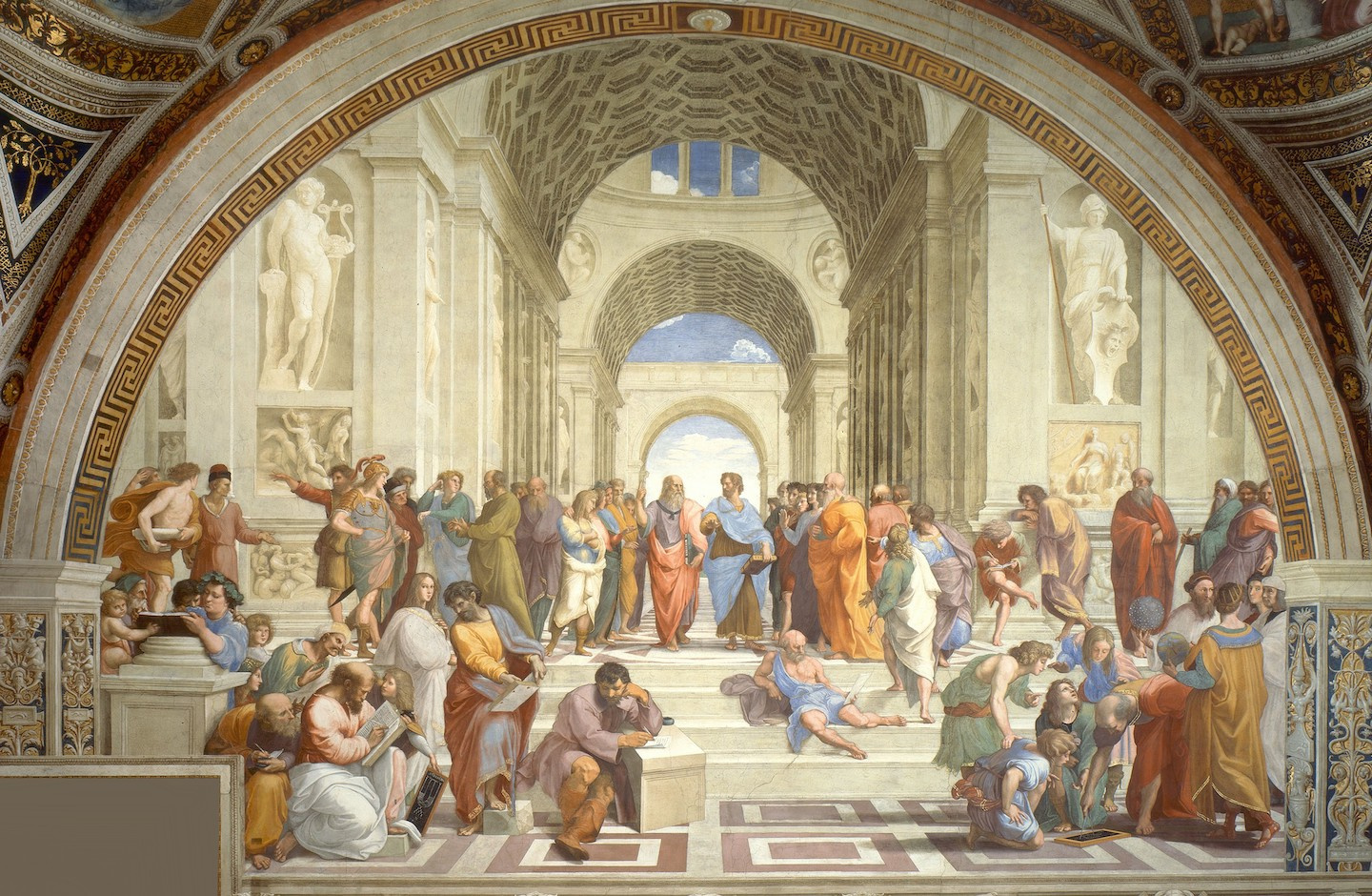Get the latest tech news
George Eliot's reflections on AGI from 1879
Forgotten musings on the economics of AI, an intelligence explosion, and machine consciousness
It’s generally considered to be Eliot’s most experimental work because it departs from the usual longform novels written as commentary on social life and characterised by psychological depth, keen observation, and detailed realism. To make his case, he uses the example of scavengers in London who, through the use of AI, would be able to spend their time “concerned in the production of epic poems or great judicial harangues.” Given poetry and speechmaking don’t sound like particularly lucrative pursuits, there are two ways that I read his response. What I would ask you is, to show me why, since each new invention casts a new light along the pathway of discovery, and each new combination or structure brings into play more conditions than its inventor foresaw, there should not at length be a machine of such high mechanical and chemical powers that it would find and assimilate the material to supply its own waste, and then by a further evolution of internal molecular movements reproduce itself by some process of fission or budding.
Or read this on Hacker News

